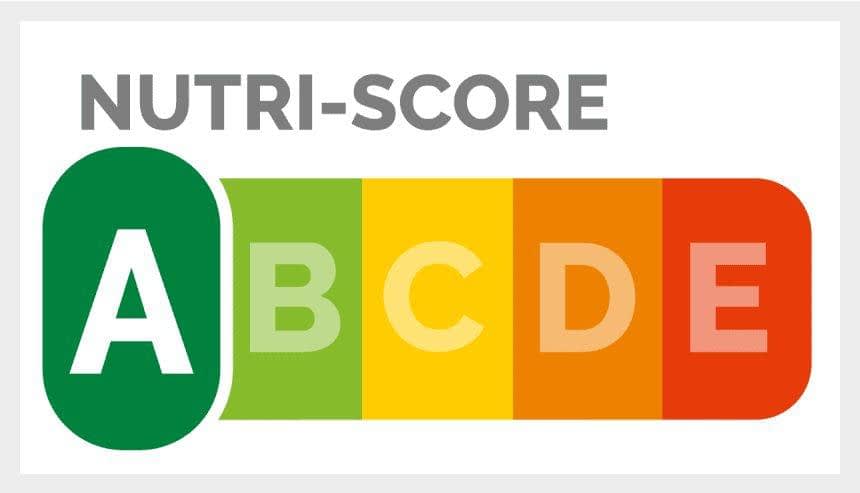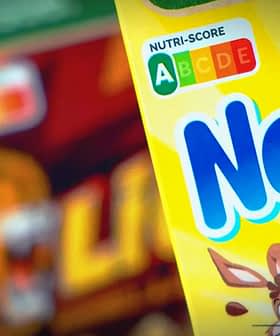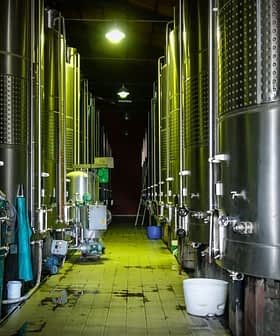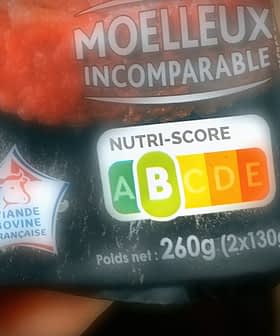Official Suggests Nutri-Score Will Not Be Europe’s Single Nutrition Label
The European Commission will delay adopting a harmonized Europe-wide nutrition label until March 2023 and is unlikely to recommend a single existing label, with a new proposal expected by the end of the year. The commission is considering incorporating elements from different front-of-pack labeling schemes, such as Nutri-Score, into a separate system, despite criticism from food industry groups and Italian politicians.
The European Commission will delay its plans to adopt a harmonized Europe-wide nutrition label before March 2023, according to Italy’s European Union representation.
The executive governing body of the European Union is also unlikely to recommend a single existing label, a commission spokesperson said.
The different options which the commission will put forward will build on already existing formats already developed in the European Union, such as Nutri-Score, Nutrinform Battery or the Keyhole.
Instead, the commission will submit a new proposal for overall nutritional food labeling in Europe by the end of the year and make a final decision by the end of the second quarter in 2023.
The announcement was made after Nutri-Score, a traffic-light-style front-of-pack-label (FOPL) widely considered the front-runner, was criticized by food industry groups and Italian politicians at a roundtable debate of nutrition science held at the European Parliament.
See Also:Nutri-Score Algorithm Update Improves Olive Oil ScoresStefano Verrecchia, the Italian ambassador to the E.U., said Nutri-Score ignored national dietary traditions and “artificially” classified some foods as healthy or unhealthy.
However, a European Commission spokesperson told Food Navigator the food labeling proposal is “scheduled for adoption in the coming months.”
“The commission is still assessing the outcome of the past impact assessment and consultations it held with member states and stakeholders,” the source added. “No decision has been taken yet on how sustainable food labeling will be exactly framed and regulated.”

However, the spokesperson suggested that none of the front-of-pack schemes currently under consideration would be adopted, with elements from each incorporated into a completely separate FOPL.
“The different options which the commission will put forward will build on already existing formats already developed in the European Union, such as Nutri-Score (France), Nutrinform Battery (Italy) or the Keyhole (Sweden),” the source said.
Since its voluntary introduction in 2017, Nutri-Score has become a polarizing topic in the 27-member bloc. France and Belgium have adopted voluntary use of the FOPL, with Spain, the Netherlands, Germany and Luxembourg announcing the future implementation of the FOPL.
Its supporters, which include a coalition of 300 European scientists and health professionals, believe Nutri-Score is the only FOPL with proven efficacy in helping consumers make healthy choices.
However, Italy has spearheaded the efforts to derail the adoption of Nutri-Score, both nationally and on the European level.
Politicians, agriculture unions and other food industry lobbyists argue that low Nutri-Score ratings for olive oil and traditional cheese and meat products will hurt farmers. However, a survey of French consumers found that Nutri-Score ratings did not penalize traditional food products.
Regardless, Italy’s anti-trust authorities prohibited Nutri-Score ratings on some products in August.
The month before, the county’s market watchdog declined to approve a new food rating mobile application in the country until it lowered the influence of Nutri-Score ratings on its algorithm.
Serge Herberg, a nutrition professor at the Université of Sorbonne Paris Nord’s medical school and co-creator of Nutri-Score, lamented the recent commission announcement.
He did not withhold his criticism on what he believes is a concerted food industry effort to sabotage the debate over nutrition labeling in comments to Food Navigator.
“[The nutrition science roundtable debate contained] all the usual fake news disseminated against Nutri-Score, especially cheese and processed meats sectors and their representatives and lobbies,” he said.
“There is a lot of disinformation trying without any scientific basis to discredit Nutri-Score with a total negation of the science,” Hercbeg added.
“If the European Commission favors science and public health, Nutri-Score should be chosen,” Hercberg concluded. “If not, considering that Nutri-Score is too ‘polarizing,’ we may consider that the European Commission has yielded to the agri-food lobbies.”









